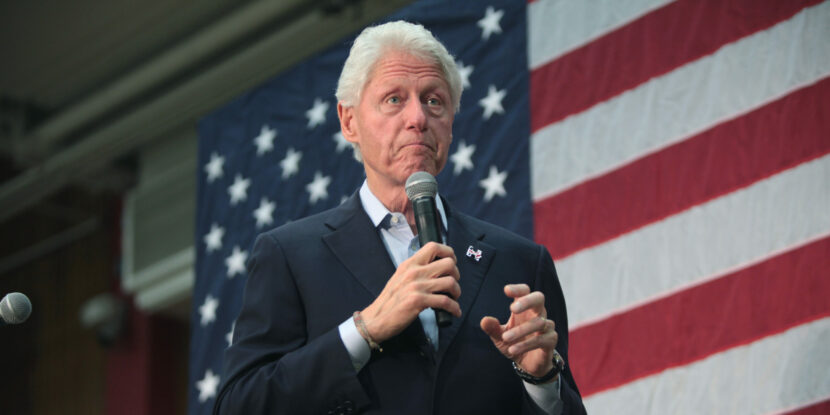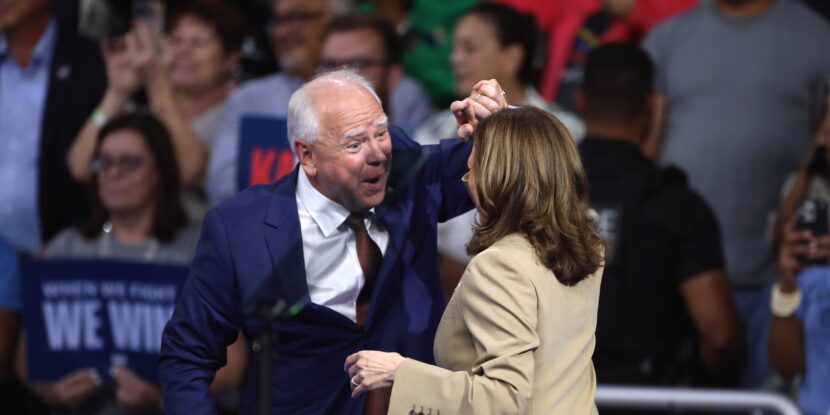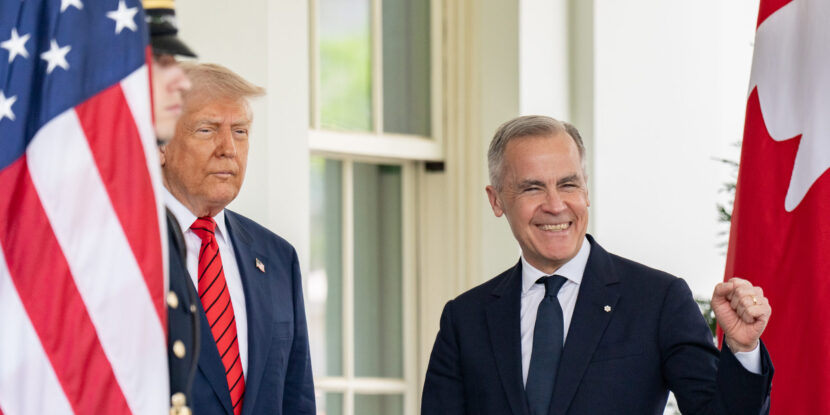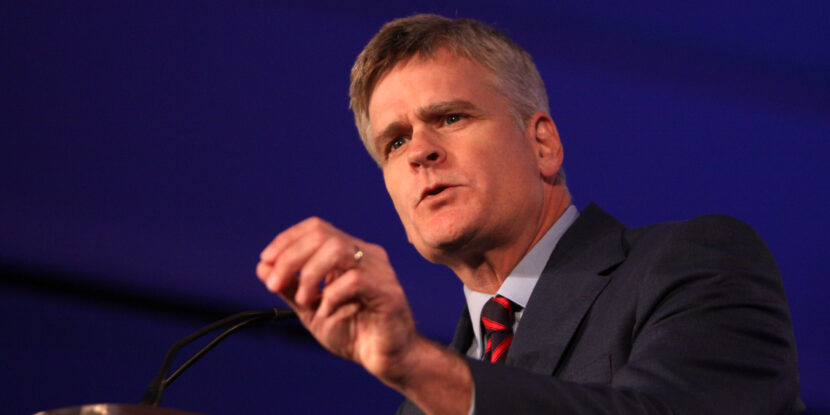The United States and the United Kingdom have announced the start of a joint military operation against Yemen’s Houthi rebel group. For several months, the Islamist rebel group that controls large swaths of Yemeni territory has engaged in a campaign of harassment and terror against international shipping in the Red Sea and Gulf of Aden. This campaign is allegedly at the behest of their primary state backer, the Islamic Republic of Iran.
As of Thursday, the Yemeni-based Houthis have carried out at least 27 attacks on international shipping off the shores of the nation –situated at the southern tip of the Arabian Peninsula.
An attempt last month by U.S. President Joe Biden to organize an international response fell apart after European partners became frustrated with the slow response from the U.S. military and decided to undertake escort missions for international shipping on their own.
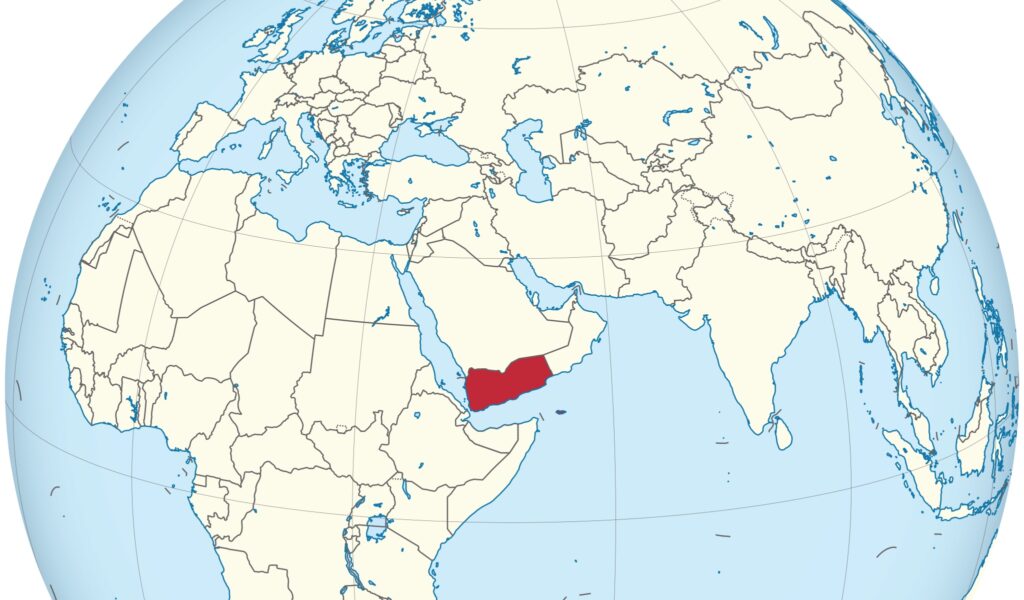
With Houthi attacks continuing to threaten U.S. military assets in the region as well as wreaking havoc with global supply chains, the U.S. and U.K. may find themselves increasingly dragged into both the long-running Yemeni civil war and a broader regional conflict which has pitted Israel and Saudi Arabia, respectively, against Iran and its regional proxies in Gaza, Lebanon, Iraq, and Yemen.
So Who Are The Houthis?
For most of its short history, the Houthi rebel movement was a minor nuisance to the Yemeni government. That changed in 2011 when the Houthis took part in the broader Yemeni revolution – though they later rejected a governing deal proposed by Yemen’s National Dialogue Conference. In 2014, rebel groups’ numbers swelled, and they were able to seize control of the country’s capital.
An uneasy political alliance struck between the rebels and former Yemeni president Ali Abdullah Saleh aided the swift takeover of much of Yemen by the Houthi rebels. A decade before its rise to power, the rebel group had been one of the chief opposition moments against Saleh. In 2004, the Yemeni military under the Saleh government had killed the rebel group’s founder Hussein al-Houthi after they claimed he resisted arrest. The group is now primarily under the leadership of Hussein al-Houthi’s brother, Abdul-Malik al-Houthi.
Relations between the Houthis and Saleh’s political faction deteriorated, with Yemen plunged into civil war. Saudi Arabia backed a series of pro-Saudi leaders against the Iranian-backed Houthis, and in 2017, the Houthi rebels assassinated former President Saleh, after accusing him of treason. There are conflicting reports as to whether Saleh was shot by a Houthi sniper while attempting to flee his compound in a vehicle or if rebels inside the compound itself executed him.
Also known as Ansar Allah, or ‘Supporters of Allah’, the movement’s official slogan (below), reads:
Allah is the Greatest
Death to America
Death to Israel
A Curse Upon the Jews
Victory to Islam

The Houthis are mainly Zaidi Shia Muslims, who believe in an activist and political interpretation of Islam.
It’s Actually A Regional Proxy War.
The Houthi rebels began in the 1990s as a Zaidi Shia Islamist revival movement – initially focused on restoring Zaidi cultural and religious practices. Their Shia Islam affiliation and opposition to Yemen’s Sunni majority naturally aligned the group with the interests of the Shia-dominated Islamic Republic of Iran. Under Iran’s influence, the Zaidi revival movement was radicalized, abandoning a more academic pursuit of cultural revival and opting instead to instill their religious and cultural ideology through conflict.
Iran’s Islamic Revolutionary Guard Corps, along with leaders of Lebanon’s Hezbollah terrorist group (also an Iranian proxy), provided training and aid to the Houthis – accelerating their transformation into a more aggressive rebel faction. In 2014, a series of street protests escalated into a full-blown battle between the Houthi rebels and the Yemeni military. After a few days, the Houthis had routed the Yemeni forces and were able to seize the country’s capital – kicking off a decade-long civil war.
Saudi Arabia, Yemen’s northern neighbor and the regional center of Sunni Muslim political power, quickly intervened in an attempt to counter Iranian influence. The influx of weapons for various factions – provided by Iran and Saudi Arabia – escalated the conflict from a civil war to a regional proxy war.
By 2015, the Saudi-recognized government under Abdrabbuh Mansur Hadi had moved the Yemeni capital from Houthi-controlled Sanaʽa to Aden. The Kingdom of Saudi Arabia itself, along with regional backers and logistical support from the U.S. under President Obama, launched a subsequent air and ground campaign aimed at ending Houthi territorial control in Yemen.
In 2018, President Donald Trump vetoed an attempt by Congress to end U.S. support for Saudi Arabia’s efforts in Yemen. After assuming office in 2021, however, President Joe Biden moved to freeze U.S. military sales to Saudi Arabia – effectively ending U.S. involvement in the conflict. A truce was established in March of 2022, freezing the conflict temporarily.
Houthis Escalate After October 7th Hamas Attacks.
On October 7th, 2023, the Muslim Brotherhood’s Hamas terror organization in Gaza – allied with the Houthis since 2021 – launched a terror attack on Israel, killing over a thousand civilians and soldiers, and taking several hundred people hostage. Israel swiftly responded with a military assault on Gaza to eliminate Hamas. Iran, which had pledged to cease arming the Houthi rebels in 2022, reversed course and began shipping arms to Yemen within days of Israel moving against Hamas – also an Iranian proxy.
Houthi insurgents initially focused their efforts against Israel – using Iranian-supplied missiles to target the Jewish state. Those missiles, however, were either intercepted by the Israeli Iron Dome defense system, U.S. military assets in the Red Sea and Gulf of Aden, or by Saudi-based land-to-air defense systems. Unable to strike Israel directly, the Houthis instead opted to attempt strikes on U.S. naval assets off the Yemeni coast, as well as international shipping moving through the same waters.
Since late October 2023, Houthis have used a combination of missiles, speed boats, helicopters, and drones to launch attacks against container ships, oil tankers, and U.S. naval vessels in both the Red Sea and the Gulf of Aden. The campaign of terror and piracy forced a high volume of international shipping to divert from the critical Suez Canal and Red Sea routes – instead having to sail around the African continent to avoid the Houthi attacks.
Escalation.
The renewed conflict in Yemen has the potential to explode into a broader regional war, especially as Israel’s military action against Hamas drags on. Many of the senior leaders of the Houthi rebels were educated in Islamic ideology by Hezbollah’s Hassan Nasrallah – giving the Lebanon-based terrorist leader a degree of personal investment in the success of the Houthis.
Iran, for its part, has promised retaliation for any strikes against the Houthi rebels. The Islamic Republic could use its proxies in Lebanon, Syria, and Iraq to target both Israeli and U.S. military assets in response to the joint U.S.-U.K. military operation in Yemen.
Saudi Arabia poses another potential point of escalation. While we do not yet know the scale and scope of the U.S.-U.K. military operation, it is believed targets in Yemen will include critical infrastructure used by the Houthis including ammunition depots, drone facilities, missile sites, air bases, and air defense installations. With the Houthi rebels military capabilities likely being crippled by the Western powers, Saudi Arabia may be unable to pass up the opportunity to end the Houthi presence in Yemen entirely. Such a move could not be ignored by Iran – and could risk a large-scale regional war.









